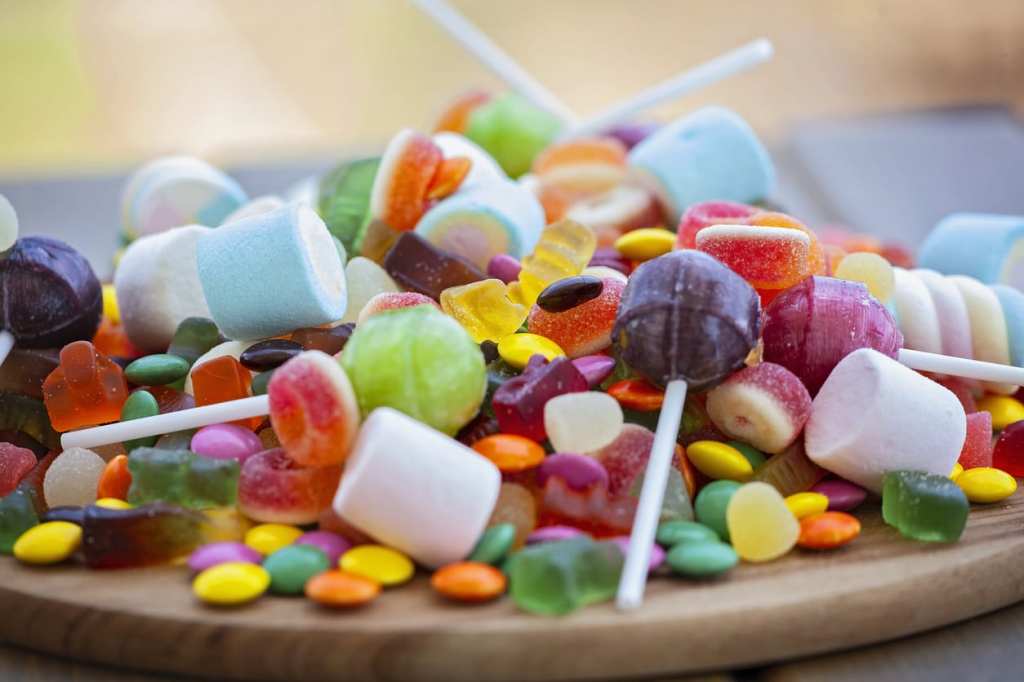Trending Now
Since the dawn of candy, parents have been warning their kids away from eating too many sweets to avoid a “sugar rush.” This so-called sugar rush supposedly causes hyperactivity, which can in turn lead to naughty behavior.
Study after study demonstrates that, nope, the sugar rush is not a real phenomenon. Candy and sugary drinks don’t seem to boost energy or alertness in any consistent way. On the contrary, one thorough analysis of 31 studies concluded that sugar was “associated with higher levels of fatigue and less alertness compared with placebo within the first hour post-ingestion.”
The truth is clear: sugar makes you tired.

Photo Credit: iStock
So how do you account for the fact that your kid becomes a wild child after you give her a bunch of candy? One possibility is that children are feeling simple excitement over the joy of eating sweets.
“Maybe you give your kid a bright blue candy that they want, and they’re excited and they show that,” Dr. Jody Dushay, an endocrinologist at Harvard’s Beth Israel Deaconess Hospital, told Elemental.
It could also be that parents expect their kids to be more hyper after eating sweets, so that’s what they perceive to be the case. One study had parents give their kids artificial sweetener instead of real sugar, and the results confirmed this idea. It’s all in our heads!
Our biased expectations may even affect the way that people feel the effects of sugar on their own bodies.

Photo Credit: iStock
“The idea that sugar can improve mood has been widely influential in popular culture, so much so that people all over the world consume sugary drinks to become more alert or combat fatigue,” the lead author of the recent analysis said.
So what kind of foods actually do increase energy (in a healthy way)? Protein, complex carbs and healthy fats are the key.
Oh, and caffeine, of course.






